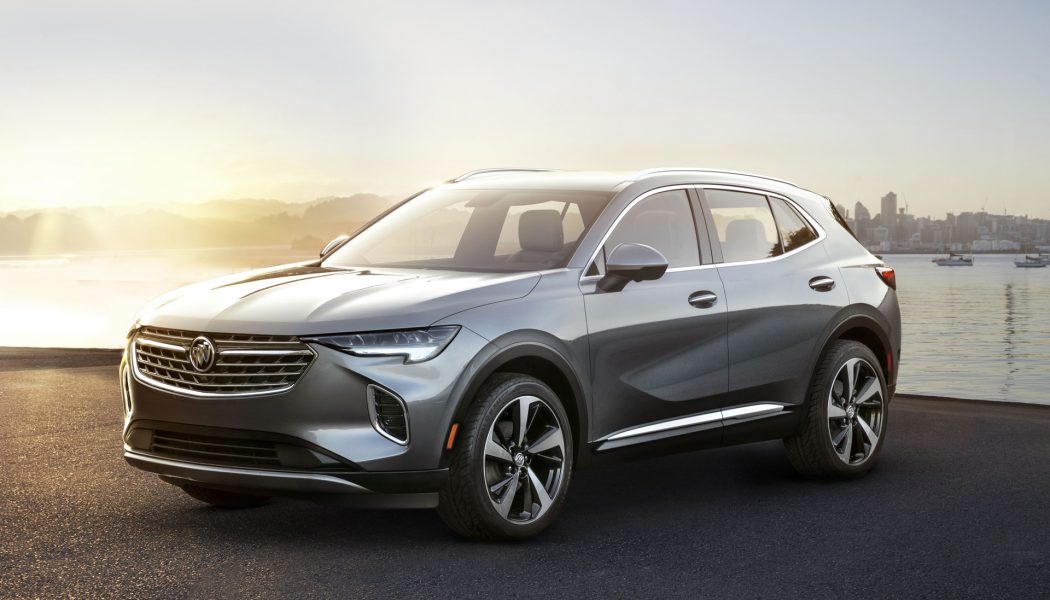The Nissan 370Z, like many models in the company’s range, isn’t just aging—it’s old. But it’s a credit to its sharklike sheetmetal that it still looks reasonably fresh after a dozen years on sale. The brand new, upcoming Nissan Z—which the company just teased in a video—has the delicate job of reigniting enthusiast interest after its predecessor’s very, very long run. This is a place that the Z car has been before. And at every important juncture, Nissan’s come up with a different way to reinterpret the original concept. This time, however, it appears the automaker looked back to 1999.
Wait, huh? Let us explain.
Look at the teaser image of the new Z car Nissan just revealed. It appears almost retro, at least in its basic fastback shape, which harkens back to the original 1970s-era 240Z sports car. So, what screams 1999 here? It appears as though some inspiration for the upcoming new Z trickled from the 1999 240Z concept car.
Remember, the original 240Z offered exceptional style and reasonable performance for a shockingly low price. But tastes changed in the late ’70s, as personal luxury became more desirable (and profitable) than performance, and the ZX series—the 280ZX and both 300ZXs—packed on the pounds and amenities. While the twin-turbo Z32 300ZX got its performance mojo back, it was a very different sort of animal to the original—expensive, high-tech, and less coddling while still comfortable. But it was a ZX, after all—not a Z. And then, it was gone after 10 years on the market, and there was a void in Nissan’s lineup.
It was a void that Nissan struggled mightily to fill the right way. During the early Carlos Ghosn era of Nissan, cost-cutting was the name of the game. An expensive-to-develop sports car wasn’t going to play well as the beancounters searched for savings in order to save the wayward company. But some voices in the company persevered, recalling the struggle of Yutaka Katayama—Mr. K, the father of the original Z car—to keep its mission as a sports car pure against corporate desire to water it down. One of those voices was designer and Nissan Design International president Jerry Hirshberg, the man behind the original Pathfinder, the Xterra, and also the 1999 Nissan 240Z Concept.
More Videos
It’s that concept, which didn’t translate exactly into the production 350Z but represented a vision that convinced Nissan to greenlight it, that crossed our minds the second we saw the teaser image. Even though we can’t see very much of the new design in the teaser images, the overall shape is smooth, organic, clean. It reminds us of the overall feel of the 1999 240Z Concept—which, let’s be honest, wasn’t necessarily pretty or cohesive. But was an honest attempt to translate some of the simplicity of design of the original 240Z into a modern design language.
By contrast, the production 350Z was very much a product of its time, a neo-retro design with some overstyled elements. It was a striking design, if not exactly a pretty one. At its launch, we worried about how the design might age—worries that time has mostly borne out. But to its credit, it was exciting, relatively affordable, and eye-catching. It helped Nissan rebuild its performance heritage rather than abandoning it entirely. And it led to the 370Z, meaning that troubled Nissan reestablished a sports car dynasty that has lasted 17 years and counting. That’s a success, no matter how the 350Z has aged.
But every new model introduction is an inflection point. It seems like Nissan is hitting the reset button here, much as they did with the 240Z Concept in 1999. The principles of that concept, the ethos that didn’t carry over to the 350Z, seem to have a rebirth here. The new Z car is lither, leaner, and less adorned than the chunky, big-hipped 370Z. The bifurcated round headlight elements carry more of Hirshberg’s vision for the Z than the arrowhead units on the 370Z. The low, long nose and rear haunches are more classically beautiful than the 370Z’s beefy profile, and give the car an even leaner attitude than the 240Z Concept.
From what we can see, this might be the truest Z car to the original (and closest modern Z in conception to the 240Z Concept) since, well, the original. And that’s without being retro per se, but rather capturing timeless and classically beautiful shapes and translating them onto a modern form. But more importantly, we wouldn’t be here at all, discussing a new Z coming at the end of nearly two decades of modern Z cars, without Hirshberg’s 240Z Concept.



![Supreme Collabs With Burberry [Photos]](https://www.wazupnaija.com/wp-content/uploads/2022/03/supreme-collabs-with-burberry-photos-327x219.jpg)






